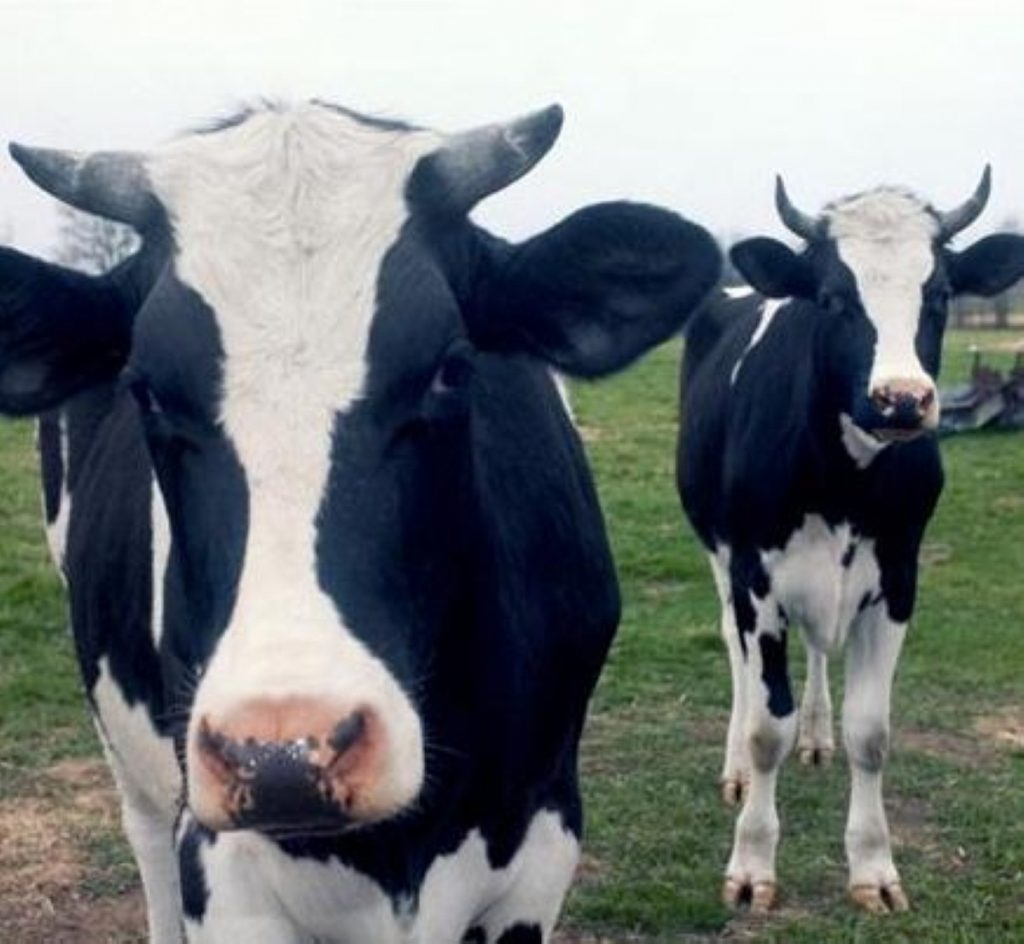Second outbreak of foot and mouth confirmed
The environment secretary has denied a second suspected outbreak of foot and mouth is a result of government failure to contain the disease.
Hilary Benn confirmed last night a second herd of cattle within the 3km protection zone in near Guildford in Surrey was showing clinical signs of foot and mouth.
Appearing on BBC 2’s Newsnight as reports of the second outbreak broke, Mr Benn said it showed the Department for Environment, Food and Rural Affairs (Defra) was vigilant in tackling the virus.
Mr Benn said: “The fact that this new case has been identified today potentially, and the animals are being culled, is precisely because of the protection arrangements that we have put in place.


“It was the surveillance team going round that noticed what could be clinical signs of foot and mouth.”
He continued: “The action has been taken very quickly, samples will be taken and we hope to have the test results tomorrow. It shows the benefits of the firm measures we have put in place to try to deal with this outbreak and to stop its spread.”
The second herd of cattle has now been slaughtered and Defra confirmed they did have the disease.
Mr Benn said the government has also ordered 300,000 vaccines from Merial, the animal health company whose Pirbright lab has been linked to the latest outbreak.
The government was criticised for culling all animals affected by the 2001 outbreak, rather than launching a vaccination programme when the virus was first detected.
The environment secretary said last night is was important to have the vaccine available if it was needed.
Shadow Defra secretary Peter Ainsworth said it was a matter of serious concern that a second outbreak of foot and mouth has been confirmed.
He said the countryside needed constant vigilance and called for greater restrictions on public access to farmland.
Farmers have raised concerns the nationwide ban on cattle is undermined by ramblers and horse riders freely crossing their land.
The European Commission has already banned British exports of meat, milk products and live animals in response to the disease.









